April 21, 2020
This blog post was originally posted by American Public Health Association.
Author: Tia Taylor Williams, Director of APHA’s Center for Public Health Policy
 The COVID-19 pandemic has brought more attention to the field of public health. Every day, people are seeing and hearing from epidemiologists, clinicians, laboratory scientists, researchers and more. While the spotlight is on the field, we should seize this moment to bring national attention to our greatest imperative: reducing health disparities and advancing health equity.
The COVID-19 pandemic has brought more attention to the field of public health. Every day, people are seeing and hearing from epidemiologists, clinicians, laboratory scientists, researchers and more. While the spotlight is on the field, we should seize this moment to bring national attention to our greatest imperative: reducing health disparities and advancing health equity.
The public health field has an opportunity to shape the discourse about COVID-19 inequities to ensure that the root causes of the problem are acknowledged and addressed within, and well beyond, the pandemic.
As calls for race and ethnicity data in COVID-19 morbidity and mortality are heeded, we’re learning more about the communities and populations being disproportionately impacted. The prevalence of preexisting conditions — such as hypertension, diabetes, obesity and cardiovascular disease — among people who are dying from COVID-19 is also being emphasized.
As public health professionals, we know these same chronic conditions plagued low-income and communities of color at alarmingly high rates for decades before the current pandemic. We also know that these health disparities are the result of years of intentional disinvestment in communities. Lack of access to basic services, living wage jobs and affordable quality housing, education and health care are all veiled by a system that assigns value and structures opportunity based on how a person looks, i.e., racism.
At the same time, we know that as a country we are reluctant to understand, acknowledge and address how America’s legacy of racism, discrimination and exploitation has created present-day conditions of racially segregated and under-resourced neighborhoods.
If history is a predictor, as the pandemic persists and more data are collected, our suspicions about who is being hit hardest will be further substantiated. We can also expect that there will be many different arguments used to downplay or detract from the real issues.
As health equity champions, we have to be ready to redirect those diversions. By applying an equity lens, we can shift the narrative to focus on the root causes of COVID-19 disparities:
- Racism, not race. Yes, it is important that disparities in COVID-19 testing, treatment and death rates are identified so that resources are funneled to where they are most needed. However, it is not being black, Hispanic, American Indian, Alaska Native, Asian or Pacific Islander that causes poorer health outcomes; it is how individuals and communities are treated because of their race or ethnicity.
- Social and economic factors, not genetics. There may be some genetic differences among those who are able to recover from COVID-19 and those who succumb to it. However, until the research is definitive, we should avoid overemphasizing the influence of genetics on COVID-19 outcomes and disparities.
What we do know is that overall health status is heavily influenced by socioeconomic factors, including place of residence, educational attainment, income and wealth. While there’s not much we can do about genetics, we can change socioeconomic factors through policies and systems changes.
- Environment and neighborhood conditions, not just behaviors. Health behaviors are important. They are also shaped by environment and access. Asking communities to eat healthily is futile if there are no affordable options — or healthy options at all — in their neighborhoods. This may seem like a no-brainer to those of us who live and breathe this work, but it’s important that this message is conveyed to broader audiences.
At a time when family resources are dwindling and being spread even thinner, we must avoid finger-pointing and placing the blame on the behaviors of individuals in marginalized communities. We know racism is a driving force for the social, economic and environmental conditions, i.e., social determinants that influence health. For example, black and Hispanic communities have higher rates of exposure to air pollution, which has recently been associated with increased risk of COVID-19 death.
We are public health. Social justice is in our roots. We look upstream to identify the causes of the causes. It is critical, during the pandemic and after, that we bring attention and action to addressing systemic and structural factors that shape who has power, where and how people live and, ultimately, what access and opportunities they have for good health.
For more on health equity and COVID-19, visit APHA’s COVID-19 and Equity page.
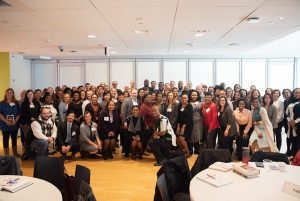 Most of our current laws, regulations, policies and practices in areas like housing, health-care, education and law enforcement were established, or justified, in part because of assumptions about what is normal, appropriate or desirable. These assumptions tend to reflect dominant cultural narratives or norms – for example, what constitutes a “family,” who is dangerous, which groups are deserving of societal support and which are not, etc. Over time, the consequence of laws, regulations, policies and practices is a multigenerational system of inequity. This system reinforces stereotypes and access to organizational and system power. When these assumptions are codified into laws, system policies and organizational and community practices, they are part of what creates persistent advantages for some groups and persistent disadvantages for others.
Most of our current laws, regulations, policies and practices in areas like housing, health-care, education and law enforcement were established, or justified, in part because of assumptions about what is normal, appropriate or desirable. These assumptions tend to reflect dominant cultural narratives or norms – for example, what constitutes a “family,” who is dangerous, which groups are deserving of societal support and which are not, etc. Over time, the consequence of laws, regulations, policies and practices is a multigenerational system of inequity. This system reinforces stereotypes and access to organizational and system power. When these assumptions are codified into laws, system policies and organizational and community practices, they are part of what creates persistent advantages for some groups and persistent disadvantages for others.
 On racism as the status quo:
On racism as the status quo:

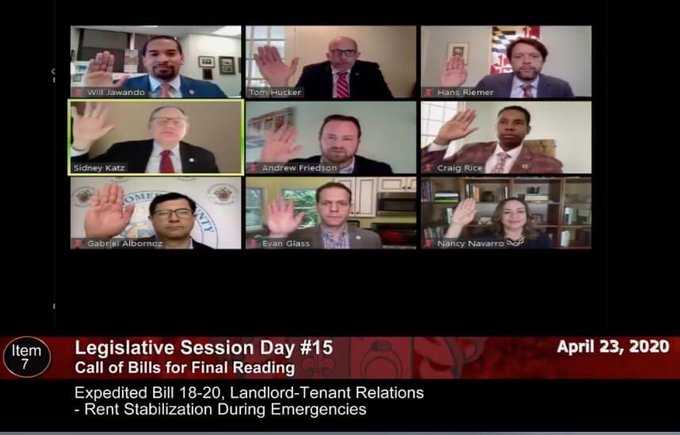

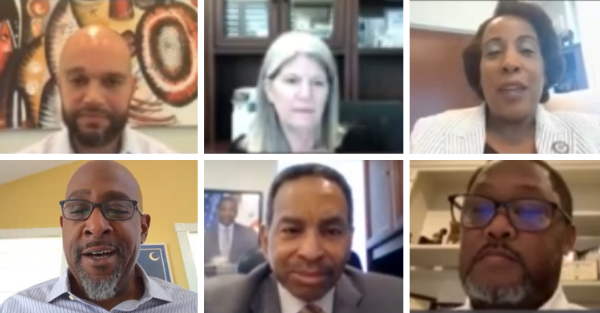
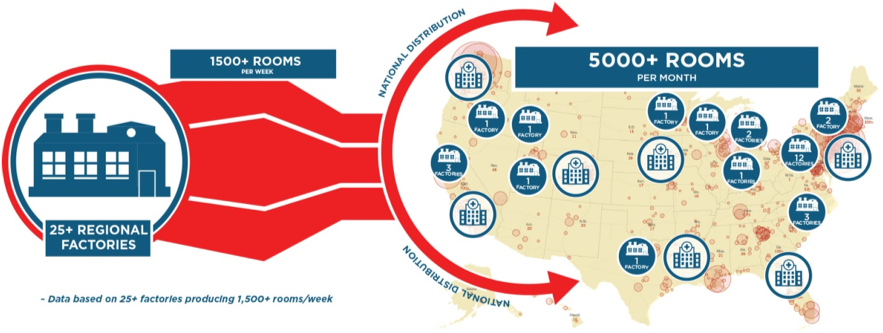
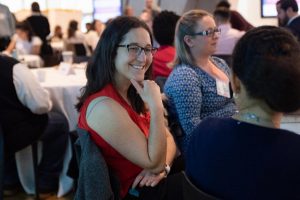 “This training is so greatly needed. I have been engaged in the racial equity space formally for about 9 months. I consider it a great privilege to now have the opportunity to learn about it specifically within the affordable housing field with my colleagues. It is desperately needed training throughout the field and I am so grateful to HAND for providing it on this large scale in such a well done manner.”
“This training is so greatly needed. I have been engaged in the racial equity space formally for about 9 months. I consider it a great privilege to now have the opportunity to learn about it specifically within the affordable housing field with my colleagues. It is desperately needed training throughout the field and I am so grateful to HAND for providing it on this large scale in such a well done manner.” “The breakout sessions were fantastic…my group had a wide mix of disciplines, race and gender, and levels within organizations that it was a really great opportunity to gain
“The breakout sessions were fantastic…my group had a wide mix of disciplines, race and gender, and levels within organizations that it was a really great opportunity to gain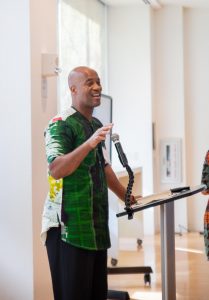 “As I reflect on this moment, I am clear as you are that there was a crisis or many crises before this one. The issues of racial inequity and racial violence and racial injustice that we see in our communities, and that our major systems exact on the most vulnerable people in many cases in our communities all that existed prior to COVID-19. What COVID-19 has done is ripped the veil away, it has shined a brighter light on these issues, it has exacerbated in many ways racial inequity. The flip is also true – racial inequality and racial inequity is exacerbated by COVID-19.”
“As I reflect on this moment, I am clear as you are that there was a crisis or many crises before this one. The issues of racial inequity and racial violence and racial injustice that we see in our communities, and that our major systems exact on the most vulnerable people in many cases in our communities all that existed prior to COVID-19. What COVID-19 has done is ripped the veil away, it has shined a brighter light on these issues, it has exacerbated in many ways racial inequity. The flip is also true – racial inequality and racial inequity is exacerbated by COVID-19.”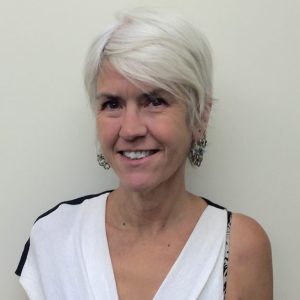 On the importance of having a shared definition:
On the importance of having a shared definition: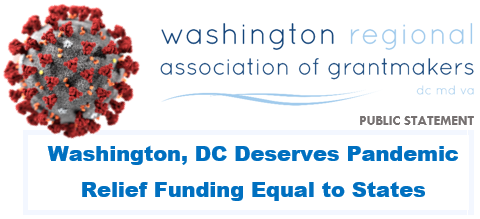
 The COVID-19 pandemic has brought more attention to the field of public health. Every day, people are seeing and hearing from epidemiologists, clinicians, laboratory scientists, researchers and more. While the spotlight is on the field, we should seize this moment to bring national attention to our greatest imperative: reducing health disparities and advancing
The COVID-19 pandemic has brought more attention to the field of public health. Every day, people are seeing and hearing from epidemiologists, clinicians, laboratory scientists, researchers and more. While the spotlight is on the field, we should seize this moment to bring national attention to our greatest imperative: reducing health disparities and advancing 



